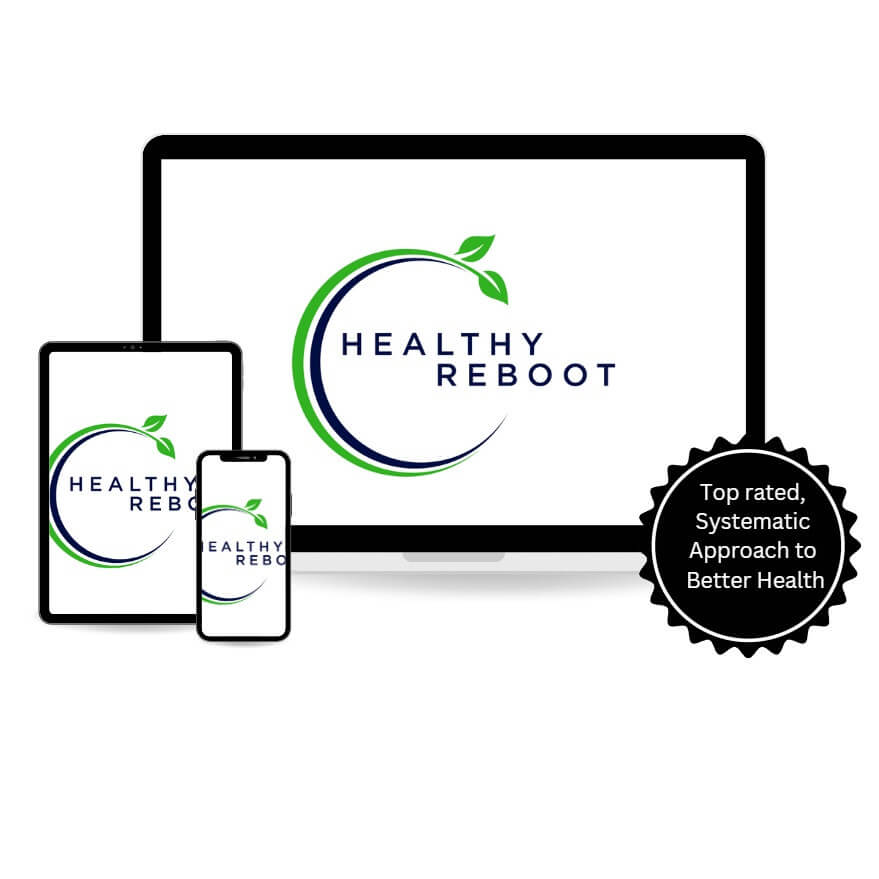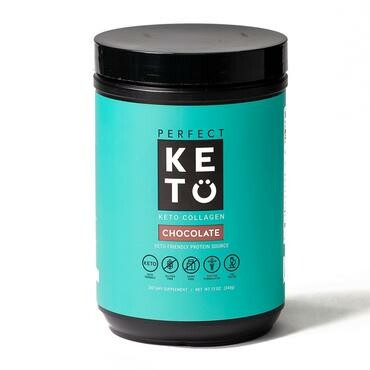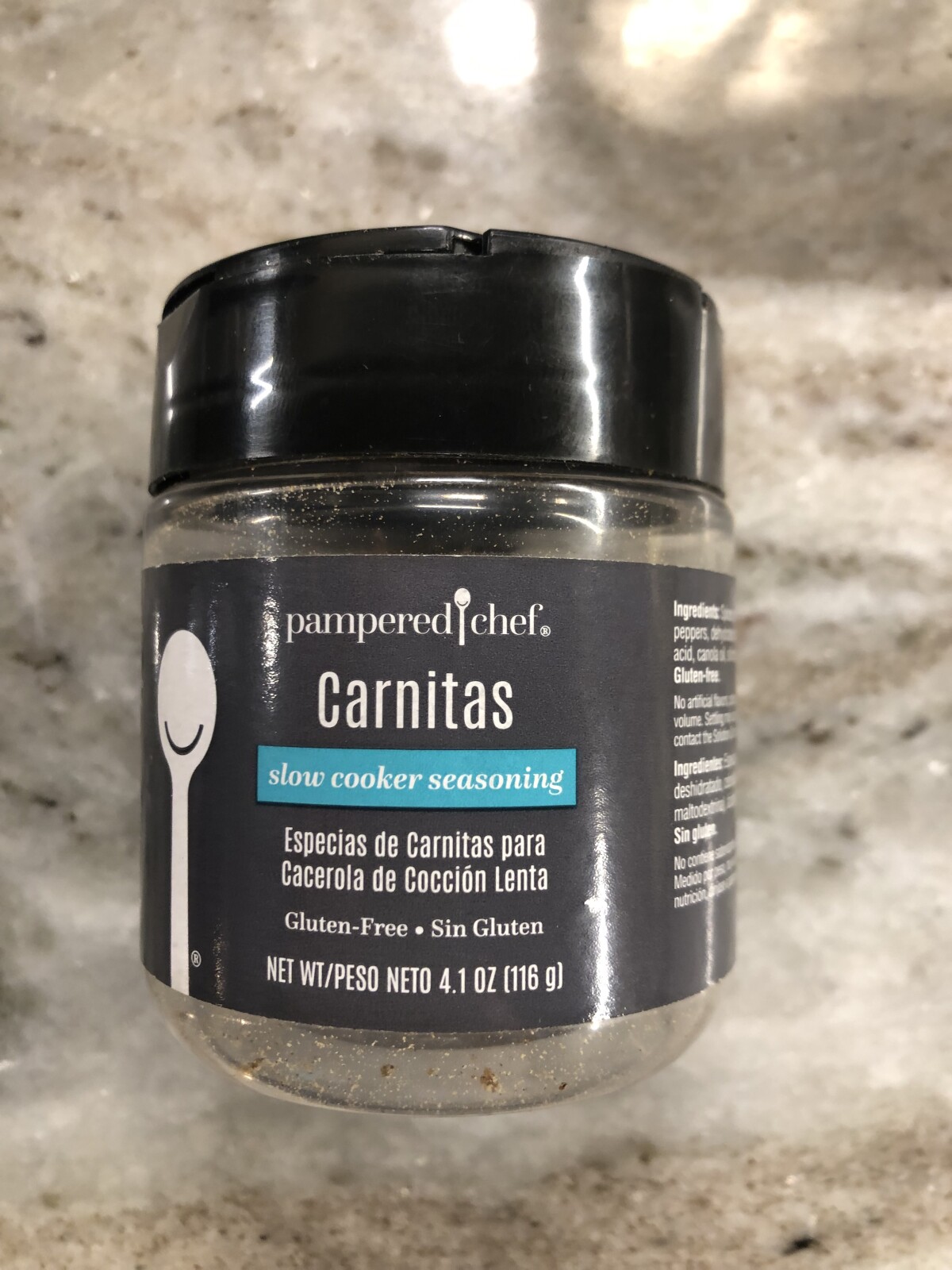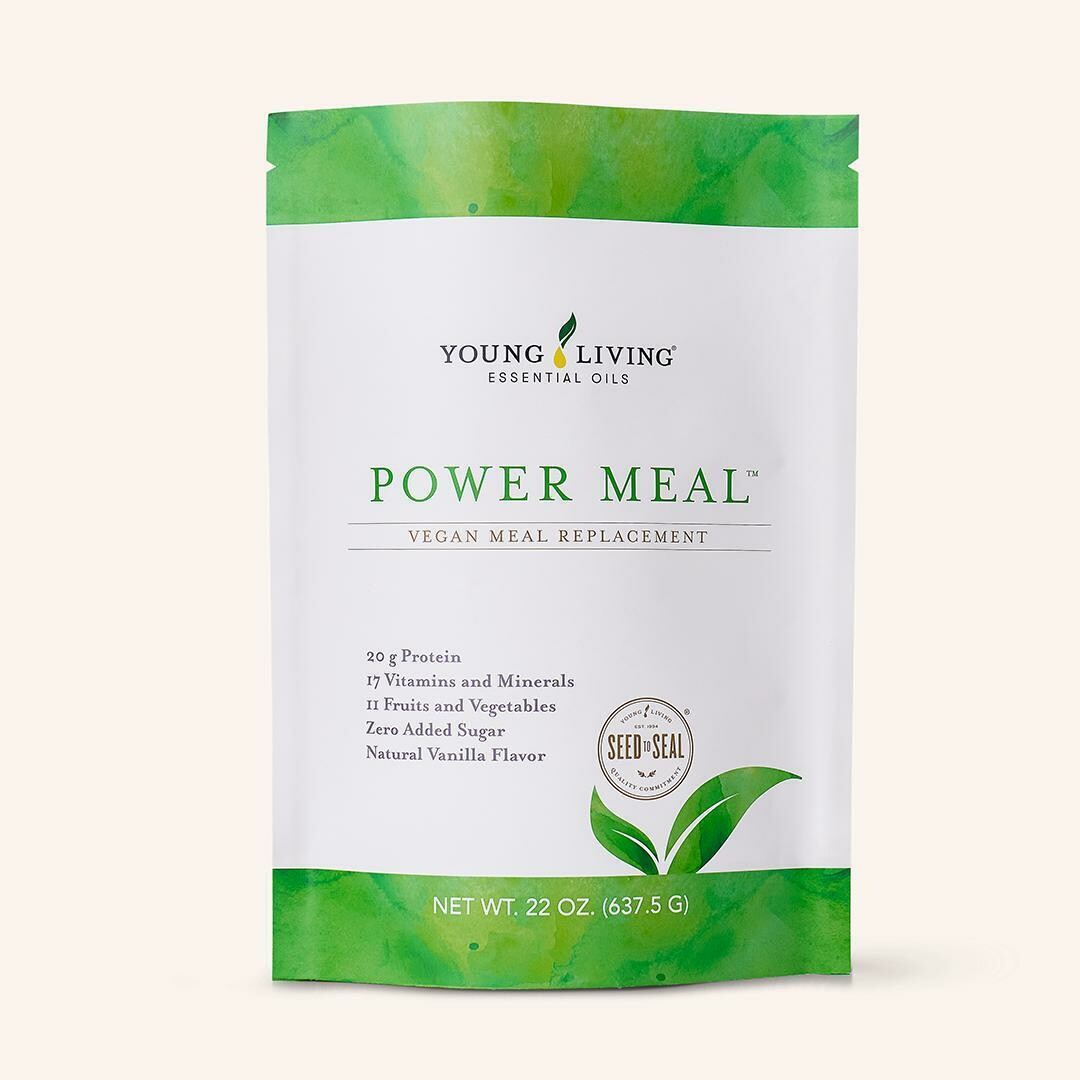
Everyone realizes that a healthy immune system is important to good health. Unfortunately, not everyone is aware of the factors that affect a healthy immune system. Many people feel that taking vitamins and minerals or eating a somewhat healthy diet will provide all the protection they need. Don’t get me wrong – these are important! Yet there are other lifestyle factors that should be monitored to make sure you are making the most of your immune health.
Vitamins and minerals are an important part of your health. In today’s world you just cannot get what you need from the foods you eat. Mark Hyman, MD has a favorite saying, “If you grow your own fruits and veggies, pasture raise your own meat, eat nothing manufactured, get 7-8 hours of sleep, have no stress and do not use a cell phone or exposure to WIFI, you are right, you do not need to supplement…but if you do any of those you will likely need to add something into your routine.” I am paraphrasing but you get the point. The question should really be not if but what.
Here are some basics:
- 70-80 percent of your immune system is located in your gut and is determined by the health of your microbiome, the healthy and not so healthy bacteria that live on and inside your body. Humans have a symbiotic relationship with these bacteria. They help us breathe, move, digest food, process emotions and help keep us healthy. Bottom line – unhealthy microbiome, unhealthy immune system.
- Adequate sleep is also important to stay healthy. According to Matthew Walker, PhD states in his book, Why We Sleep, “A balanced diet and exercise are of vital importance, yes. But we now see sleep as a preeminent force in this health trinity.” He also states, “Plentiful sleep maintains a flourishing microbiome within your gut from which we know so much of your nutritional health begins.”
- Stress is another factor that should not be overlooked. When you are under stress you produce cortisol, the fight or flight stress hormone. Cortisol has been known to suppress your immune system (and your digestion system) to keep your body on full alert.
- It should be no surprise that the quality of your food also has a great impact on your health. Processed foods and sugars, alcohol, too much caffeine, genetically modified foods and inflammatory foods like omega 6 oils, dairy, soy and wheat to name a few, all can put a strain on your body and immune system.
These are only a few of the lifestyle factors that can affect your health but take time to address these areas and you will be well on your way to strengthening your immune system!
But what about vitamins and minerals – which ones should I take? This is a conversation best to be had with your primary care physician. Here are a few tips:
- Make a list of the vitamins minerals and supplements you are currently taking and why. Be sure to include the dosage of each one.
- Compare that to the RDA (Recommended daily allowance) or the suggestion by your health care provider.
- Now create a list of your health goals. What is it you are looking to achieve? Protection from colds and flus? Brain health? Heart health? Digestive support? It might help to prioritize these.
- A few basic options in today’s world seem to be a quality Vitamin D, Vitamin C, and Zinc. I have also heard that a quality Omega 3 can be helpful. (No diagnosing here, just making an observation – check with your doctor!)
- Quality does matter! You might be better off not taking something than taking a poor-quality supplement that the body cannot assimilate.
What else can you do to support your immune system?
- Get a good night’s sleep
- Eat healthy foods limiting processed, sugary and genetically modified products including alcohol.
- Watch your stress. Make sure you find a way to reduce stress through yoga, meditation, or some other activity.
- Limit WIFI exposure, especially at night when you are sleeping.












0 Comments